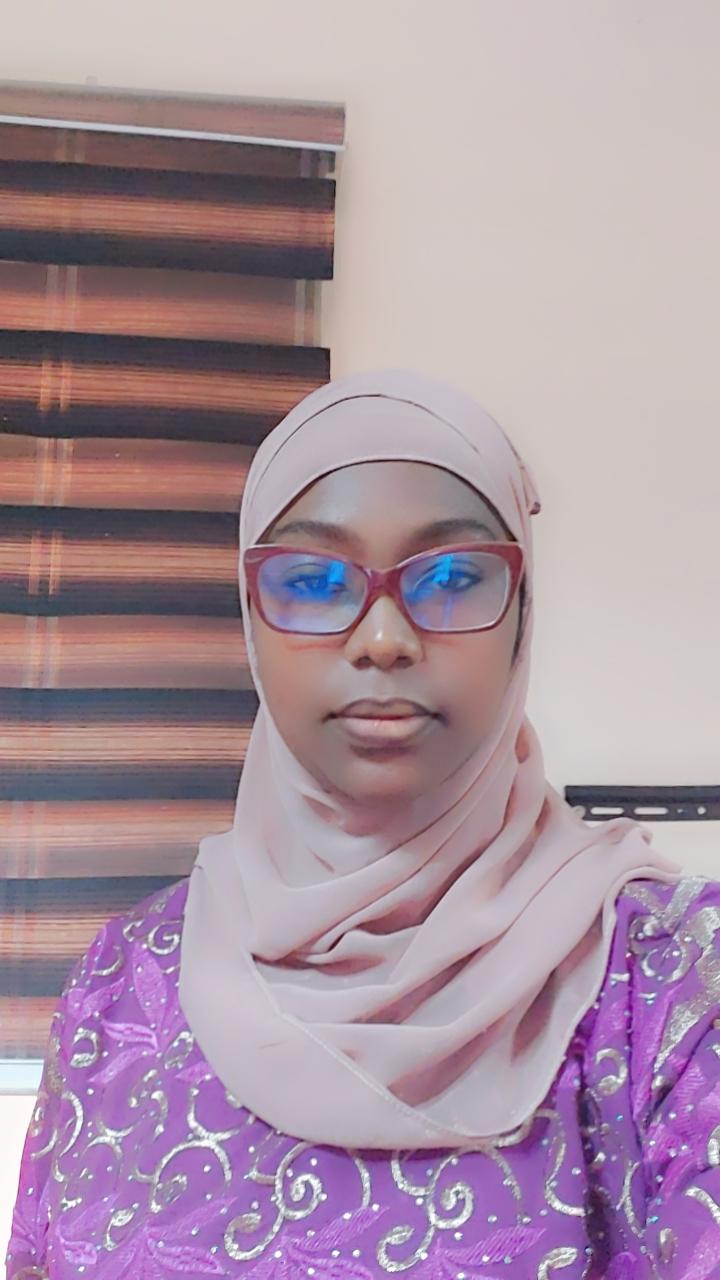What you should know about prosopagnosia, and how it affects the lives of those living with it, by Aisha M Auyo
“She’s very arrogant, who the hell does she think she is? ita ba kowa ba sai girman kai, wai Auyo ce zata nuna bata ganemu ba? Why will Auyo pretend not to recognise us after all these years we spent together? (My friends, acquaintances, coursemates, and relatives).
“Aunty Hadiza, Aisha fa bata gaidamu, idan mun had dauke kai take, abin mamaki da takaici”. (My mother’s friends and colleagues complaining with disappointment that I don’t greet them whenever we meet.)
“Anti-Binta, Aisha fa matar Abdullahi in ta gammu yi take kamar bata sanmu ba, yarinyar data taso a gabanmu? Bata san mune sirikanta ba, we can do and undo fa”. (My mother inlaw’s friends, relatives and colleagues complaining that I don’t respect them.)
“Baiwar Allah ban ganeki ba, I think you have mistaken me for someone else. We’ve never met”. (The strangers I greet with confidence and pride thinking that I recognise someone I know).
Does this sound familiar? These are the comments and remarks I’ve been hearing since my teens. Sometimes I explain to the complainants that it’s my eye problem, some people believe me, some do not, and she’s just a snub they will say.
READ ALSO: Before you assume, learn the facts; before you judge, understand why, by Aisha M Auyo
Then comments started coming from my friends, or their parents, that they’d greeted my mom, but she did not recognize them. I’ll apologize and explain to them that she finds it hard to recognize people.
So when the complaints kept coming, I realized that Mom and I have a common problem. So also Hafsa. The issue started eating me. I’m always praying that my eyes or memory should not fail me whenever I go out.
Then greeting strangers become my new normal, I’ll see a person, assume that person is someone else, and even start exchanging pleasantries with them, only to see them surprised by my politeness, that they do not know me, or the others I’m talking about.
Then it occurred to me that this isn’t normal. Something must be wrong with us. Like we do great in school, we have a sharp ability to memorize and recall lessons and events, but why not people? I know we have sight problems, hence the use of constant eyeglasses, but why has our memory never failed us in school? Shebi na the same eye and brain we use to see people and read books?
So when my appointment with the optician came, I told him of this condition that had been affecting my life. He explained to me that it’s a rare socio-medical condition that can be inherited, or acquired later in life. I did my research and learned a lot about the condition.
Here are a few things you should know about Prosopagnosia, perhaps you may come across someone with such a condition.
- Prosopagnosia (also known as face blindness or facial agnosia) is a neurological disorder characterized by the inability to recognize faces. The term comes from the Greek words for “face” and “lack of knowledge.”
- Depending upon the degree of impairment, some people with prosopagnosia may only have difficulty recognizing familiar faces, while others will be unable to discriminate between unknown faces. In severe cases, people may not be able to distinguish a face as being different from an object. Some people are unable to recognize their faces.
- Prosopagnosia is only face blindness, not colour blindness or overall visual impairment. It is not the same as forgetfulness or sometimes struggling to find the right word.
- This condition is not related to memory dysfunction, memory loss, impaired vision, or learning disabilities. The disorder is thought to be the result of congenital influence, damage, or impairment in a fold in the brain that appears to coordinate the neural systems controlling facial perception and memory (right fusiform gyrus).
- Congenital prosopagnosia appears to run in families, which makes it likely to be the result of a genetic mutation or deletion. Some degree of prosopagnosia is often present in children with autism and Asperger’s syndrome and may be the cause of impaired social development.
- Because there aren’t clear brain lesions in people with congenital prosopagnosia, scientists aren’t sure what causes it.
- Prosopagnosia can be socially debilitating as individuals with the disorder often have difficulty recognizing family members and close friends. They often use other ways to identify people, such as relying on voice, clothing, or unique physical attributes.
- There’s also evidence that suggests people with prosopagnosia may become chronically anxious or depressed because of the isolation and fear that come with the condition.
- Navigating basic social interactions with prosopagnosia can become fraught, and some people avoid contact with family members and other loved ones out of fear that they will not be able to properly recognize or address them.
- Sadly, there’s no treatment for prosopagnosia, but there are ways to manage it. People with prosopagnosia often focus on features like hair colour, walking style or voices to tell people apart.
So now you know, if you meet a person and he/she failed to recognize you, kindly be supportive and understanding. They may be suffering from this condition, and trust me, it is debilitating for people affected by it because It’s hard for others to understand. It may even cause the victims depression, in severe cases.
And remember, before you assume, learn the facts; before you judge, understand why!
Aisha Musa Auyo is a Doctorate researcher in Educational Psychology, a wife, a mother of three, a Home Maker, a chef, and a parenting/ relationship coach. She can be reached via aishamuauyo@live.co.uk.
Follow the Neptune Prime channel on WhatsApp: https://whatsapp.com/channel/0029Va74ZvU2v1IqKByXoX3d
Do you have breaking news, interview request, opinion, suggestion, or want your event covered? Email us at neptuneprime2233@gmail.com


